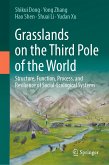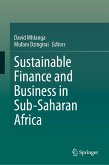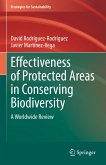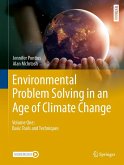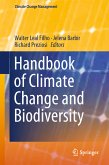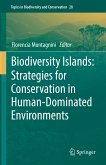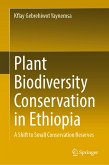This volume set provides critical strategies for sustainable environmental management and biodiversity conservation in sub-Saharan Africa. They address key conservation issues in the region such as habitat loss, fragmentation, rangeland degradation, and human-wildlife conflicts. Innovative approaches in ecological modelling, climate change adaptation, and circular water systems, enhancing conservation efforts and ensuring resilience in the face of environmental changes are further examined. A comprehensive analysis of fisheries management and sustainable practices underscores their role in conserving aquatic biodiversity. Despite challenges like agricultural expansion and water scarcity, the focus on regenerative agriculture and food production systems seeks to mitigate impacts on rangelands and forests, thus supporting biodiversity conservation. Emphasizing the integration of traditional knowledge with contemporary conservation science, these volumes highlight the need for holistic, adaptive strategies and robust governance frameworks to address the complexities of biodiversity loss and environmental change. The collection is an essential resource for policymakers, researchers, and conservation practitioners dedicated to fostering sustainable livelihoods and conserving the unique ecosystems of sub-Saharan Africa.
Volume 1 covers the themes of biodiversity conservation in the Anthropocene and sustainable rangeland and forest management. It provides an understanding of the dual impacts of human activities on biodiversity and underscores the necessity of sustainable forest management to enhance ecosystem services vital for rural livelihoods, economic growth, and ecological health amid environmental and human pressures.
Dieser Download kann aus rechtlichen Gründen nur mit Rechnungsadresse in A, B, BG, CY, CZ, D, DK, EW, E, FIN, F, GR, HR, H, IRL, I, LT, L, LR, M, NL, PL, P, R, S, SLO, SK ausgeliefert werden.



